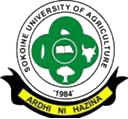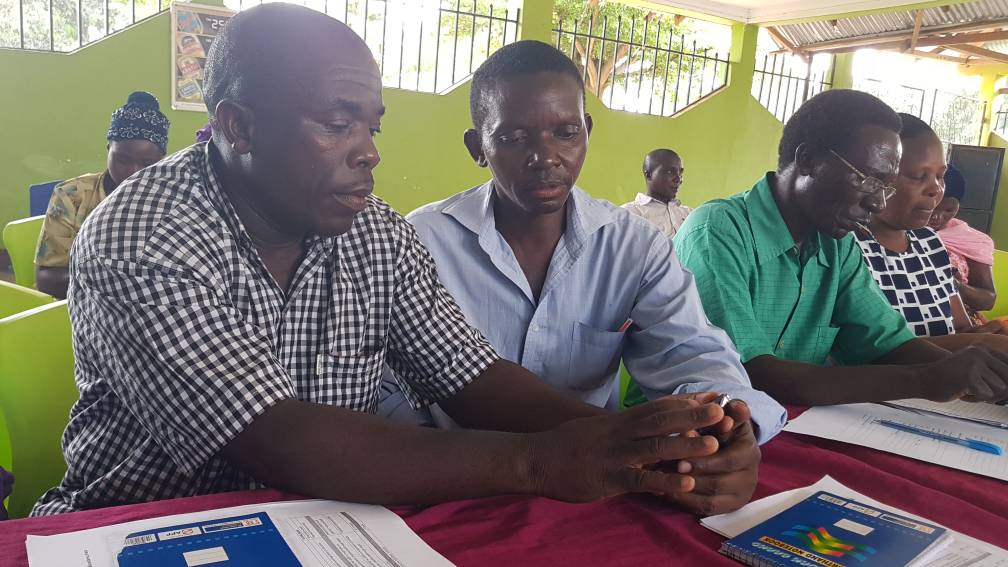In order to enhance community One Health security, the Southern African Centre for Infectious Disease Surveillance (SACIDS) has engaged additional key stakeholders from human, livestock and wildlife health sectors in participatory disease surveillance using One Health approach.
The key stakeholders were trained on the application of digital technology in the community-based disease surveillance. The aim of the training programme was to promote community level One Health security through improved outbreak detection, early communication and rapid response to enhance disease prevention and control at the source.


The stakeholders were drawn from 13 wards and 51 villages in Kilosa District Council. Others were drawn from Mikumi National Park. A total of 109 stakeholders were trained in the district including 81 CHRs, 15 officers-in-charge of primary health care facilities and eight Wildlife Rangers (hereafter referred to as CHRs). Others included (one-each) Integrated Disease Surveillance and Response Focal Person, District Medical Officer, District Veterinary Officer, Wildlife Ecologist and Wildlife Veterinarian.
The training package included theory and practical sessions on the application of Information, Communication and Technology (ICT) tools in disease surveillance, recognition and recording of clinical manifestations in human and animal populations, their prevention and control measures. In addition, they were trained on ethics and best practices during the provision of health care services, collection and submission of reports of health events to relevant authorities.


All CHRs were provided with android phones installed with AfyaData, which is a mobile phone digital surveillance tool designed for capturing, reporting, data exploration, and provision of feedback on health events. The paper-based data capture forms for human, livestock and wildlife official surveillance systems were digitized and installed in the smart phones. The In-charges of health facilities and Livestock Field Officers were trained on how to use the digitized forms to capture and submit disease data to district level.
All CHRs were trained on how to refer patients to health care facilities and were provided with referral forms. In addition, the trainees-specialist WhatsApp group network was established to assist sharing of experience, challenges and solutions.
The training was conducted in Kilosa, Morogoro-Tanzania from February 7-21, 2018.







